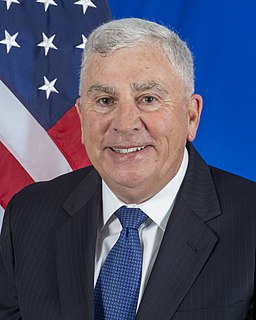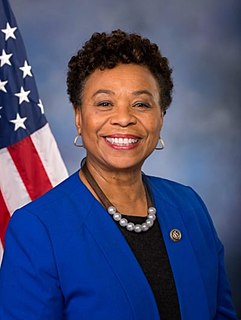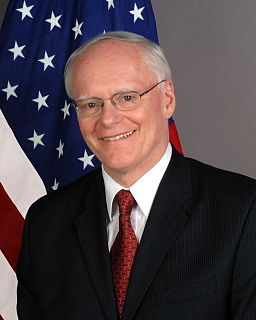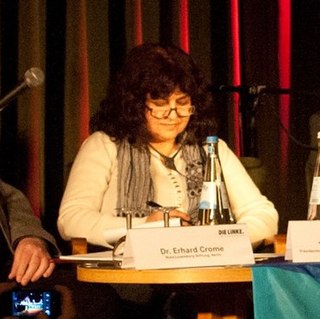A Quote by Will Hurd
The Iraqi National Guard needs to become a reality in order to give hope to the Sunni population, and Sunni leaders that have been the focus of political prosecution should be included in the discussions of Iraq's political future.
Related Quotes
The Western alliance should have supported the Sunni opposition against the Assad regime from the beginning. As far as Iraq is concerned, if it had stayed stable the way it was in 2008, IS would not have been able to expand in Iraq the way they did. The mistake was that Barack Obama withdrew the armed forces from Iraq too fast.
[A conflict of Sunni vs. Shia] is in the mind of the Saudis, and this is in the minds of the Wahabists.
[The Iranians] actually what they are doing is the opposite. They tried to open channels with the Saudi, with many other Islamic entities in the region in order to talk about Islamic society, not Sunni and Shi'ite societies.
And on this issue of the Shia in Iraq, I think there's been a certain amount of, frankly, Terry, a kind of pop sociology in America that, you know, somehow the Shia can't get along with the Sunni and the Shia in Iraq just want to establish some kind of Islamic fundamentalist regime. There's almost no evidence of that at all. Iraq's always been very secular.
































